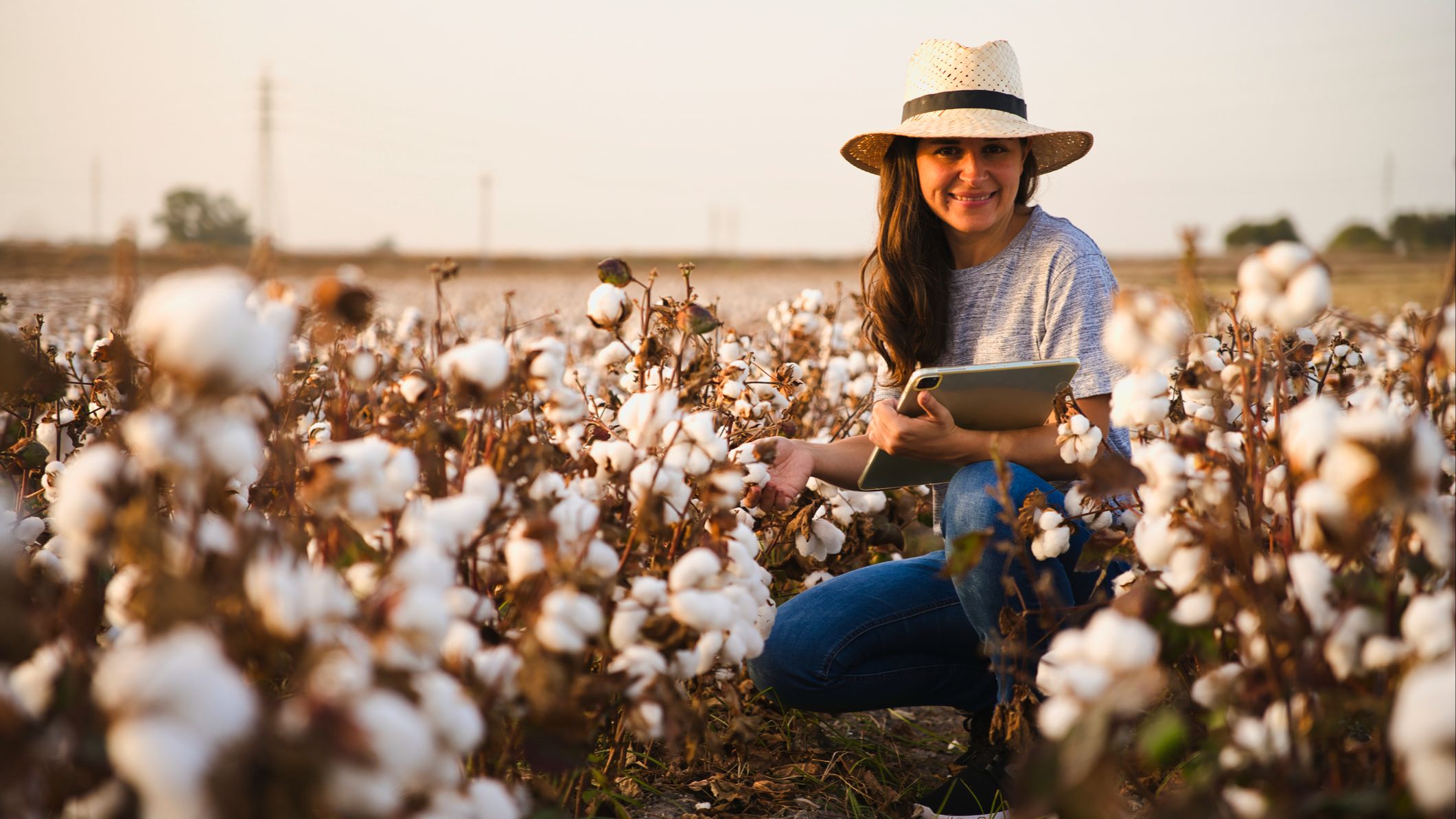Local is the New Luxury: How Regional Fibers Are Reclaiming the Spotlight
May 13, 2025
Sustainability has become a buzzword in recent years, especially in the world of textiles. But at Kindly Woven, we’re more interested in what lies beneath the buzz. Instead of focusing solely on certifications and carbon offsets (although those are important), we’re drawn to something more personal: conscious design choices that begin at the source.
One of the most impactful ways we’ve seen this come to life? A growing return to regional materials and the people and places that bring them into being.
The Fiber Shed Movement: Textiles That Stay Close to Home
The fiber shed movement is all about rebuilding local supply chains — from farm to finished product. It takes the principles of eating local and applies them to the things we use in our homes every day: bedding, towels, table linens, upholstery, and more.
By using fibers grown and processed within a specific region, makers can reduce transportation impacts, increase transparency, and build stronger relationships between farmers, mills, and brands. It’s a quieter kind of sustainability, rooted in place and built to last.
Why US Materials and Manufacturing Matter
In the United States, there’s been a quiet but meaningful shift toward domestic sourcing and manufacturing. For textiles, that means everything from cotton and wool to hemp and flax is being grown, woven, and finished here at home.
This approach brings a host of benefits. It creates jobs, revitalizes rural economies, and preserves craftsmanship that might otherwise be lost. It also allows for greater control over environmental practices — think regenerative farming, closed-loop dyeing, and water-conscious production.
When brands choose to work locally, they’re choosing to slow down. And in doing so, they make space for quality, integrity, and a more thoughtful connection between maker and user.
Three US Companies Making an Impact
Here are three companies quietly reshaping the textile landscape in the US showing just how beautiful homegrown materials can be:
- Red Land Cotton (Alabama)
Red Land Cotton produces heirloom-quality cotton within a 300-mile radius — from farm to finished fabric. While best known for their bedding, their commitment to domestic growing, ginning, and weaving is a powerful example of what regional production can look like in practice. - Bear Fiber (North Carolina)
Dedicated to bringing American hemp back to life, Bear Fiber focuses on regenerative agriculture and US-based spinning, weaving, and finishing. They’re helping revive a crop that’s been underutilized for decades, offering a sustainable alternative that’s both durable and soft. - American Woolen (Connecticut)
Reviving a historic mill, American Woolen supports U.S. wool growers and oversees every stage of production in-house. Their fabrics are used in both fashion and home goods, and their commitment to domestic manufacturing helps strengthen the entire textile ecosystem, from fleece to finished fabric.
Looking Forward
This return to regional materials isn’t a trend, it’s a thoughtful step toward a more connected and resilient future. When we choose textiles made from local fibers, we’re not just supporting sustainability in the traditional sense. We’re choosing to invest in our communities, honor the land, and make design decisions that reflect care and responsibility.
At Kindly Woven, we believe in this kind of mindful making. If that resonates with you, we’d love to stay connected. You can sign up for our newsletter to get updates, stories, and thoughtful finds delivered to your inbox, or visit our website to explore more about what we’re creating and the people behind it.
